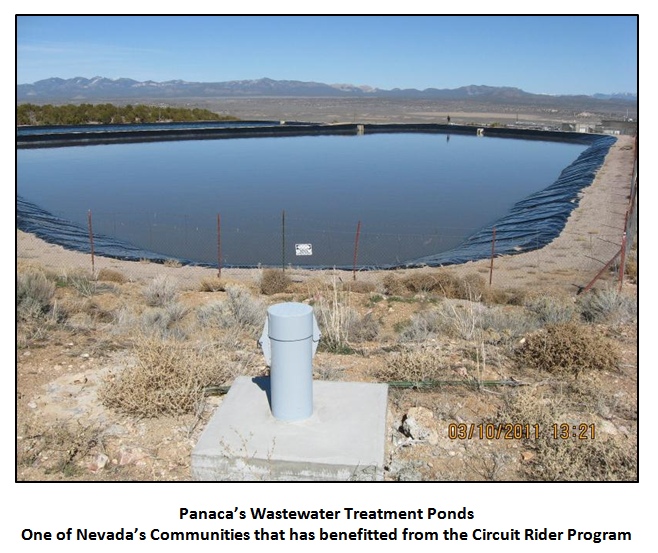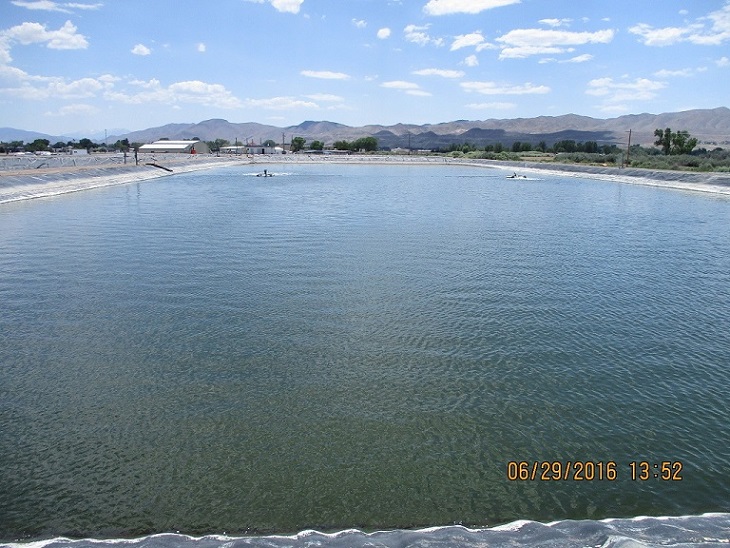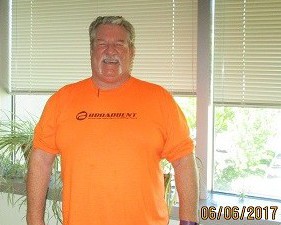Circuit Rider Program

The Nevada Division of Environmental Protection’s (NDEP) Circuit Rider Program provides technical assistance to Nevada’s rural communities that need assistance with their wastewater treatment facilities. The Circuit Rider Program originally started as a national program funded by the U.S. Environmental Protection Agency (EPA). The State of Nevada continued funding for the Circuit Rider Program after Federal funding ended in 2009. NDEP has participated in this program for over 25 years.
|
The Wastewater Treatment Plant Circuit Rider Program — NDEP initially implemented the Wastewater Treatment Plant Circuit Rider Program to provide technical assistance to wastewater treatment plants with capacities of less than 5 million gallons per day (MGD). The Circuit Rider Program provides direct on-site training, operation and maintenance assistance for wastewater treatment operators and guidance to town boards about the best way to operate and manage their wastewater treatment facilities.
The Wastewater Treatment Circuit Rider for 2017-18 is Mr. Randy Mark. Broadbent and Associates, Inc. in Reno, Nevada presently runs the day-to-day activities of the Circuit Rider Program under contract to NDEP. Broadbent employs Mr. Mark as a Water/Wastewater Operator. In Nevada, Mr. Mark holds several certifications including Grade III Wastewater Treatment and Collection Systems Operator and Grade II Water Treatment and Distribution Operator. Mr. Mark has worked in the wastewater and water treatment field since 1986. |
|



